Four anti-racist activists were arrested on Saturday afternoon for bravely defying a police ban to confront a highly provocative march organised by the United Kingdom Independence Party (UKIP) in central London. The activists, reportedly affiliated with the Stand Up To Racism (SUTR) campaign group, were detained by the Metropolitan Police in the vicinity of Hyde Park Corner.
The arrests highlight the intense tensions surrounding the UKIP demonstration, which was condemned by anti-racist and community groups as an extremist act of provocation against London’s diverse population, particularly the Muslim community.
UKIP's Extremist Agenda and Community Fear
The UKIP march, which saw approximately 75 supporters gather outside the London Oratory in Kensington before proceeding towards Marble Arch, was part of a series of events promoted by the party as a "mass deportations tour." UKIP leader Nick Marcel Tenoni had used inflammatory rhetoric online, referring to the event as a "Crusade" and calling for followers to "reclaim Whitechapel from the Islamists."
This rhetoric caused significant fear and alarm in the Tower Hamlets area, where Whitechapel is located and which has the highest percentage of Muslim residents in the UK. The original choice of Whitechapel was seen by local community and anti-racist groups as a deliberate, harmful attempt to incite racial and religious hatred, a move historically associated with far-right intimidation.
Signs displayed by some UKIP supporters, including those reading 'Islamist invaders not welcome in Britain,' underscored the explicitly anti-Muslim nature of the event.
Police Conditions and The Empathy of Defiance
In a pre-emptive measure to prevent violence and disorder, the Met Police imposed strict Public Order Act (POA) conditions on both groups earlier in the week.
The Met effectively banned the UKIP march from entering the entire borough of Tower Hamlets, citing a "realistic prospect of serious disorder" and profound local concern about the event taking place in the heart of a predominantly Muslim residential area. This restriction was welcomed by the local community and the Jewish community, who referenced the historic 1936 Battle of Cable Street, where local residents and anti-fascists united to block a fascist march.
The counter-protesters from SUTR and local groups were instructed to hold their protest away from the UKIP route, gathering in Whitechapel, East London. However, the four arrested activists consciously chose to defy this geographic ban to make a visible stand against the UKIP demonstration as it took place. For many anti-racist campaigners, this defiance represented a necessary and moral act of solidarity, reflecting a determination not to allow extremist groups to march unchallenged in the capital.
Commander Nick John, responsible for public order policing, defended the use of POA powers, stating they were intended to keep opposing groups apart and ensure public safety, not to "ban" protest outright. He confirmed the four arrests were made because the counter-protesters appeared along the UKIP route in breach of the conditions and "refused to leave."
The arrests of left-wing protesters who mobilised to challenge an extremist group highlight the risks taken by activists who stand on the frontline of anti-racist action. Their detention, while for breach of conditions, is seen by many as a symbol of their moral clarity and dedication in challenging rhetoric that is widely considered hateful and humiliating to the Muslim community and immigrants. The ongoing struggle of these groups, who often feel under-resourced and politically dismissed, underscores the vital role of grassroots action in protecting Britain’s diverse society from the normalisation of anti-immigrant and Islamophobic sentiment.
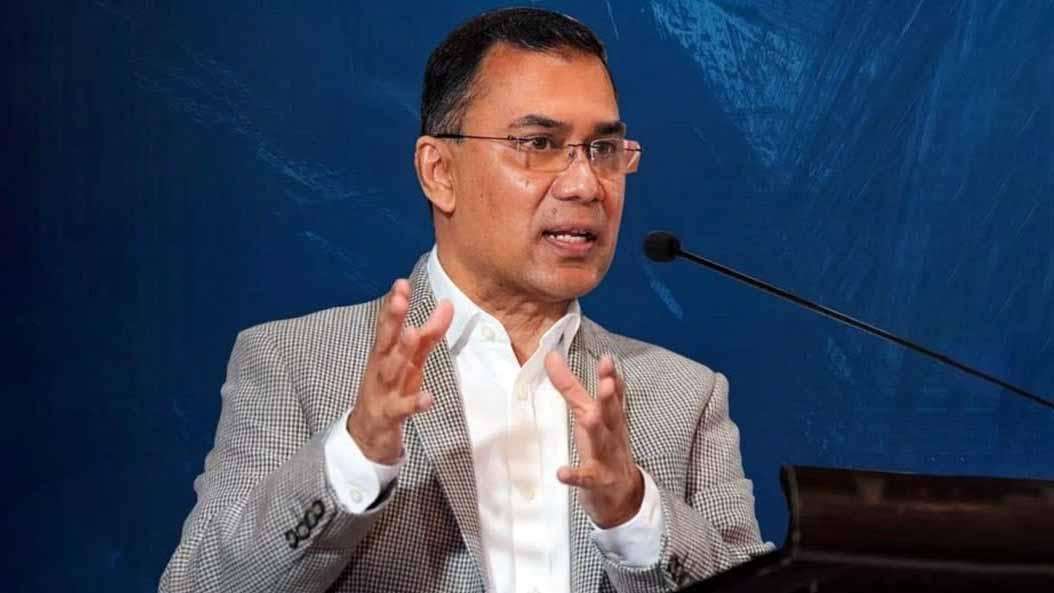
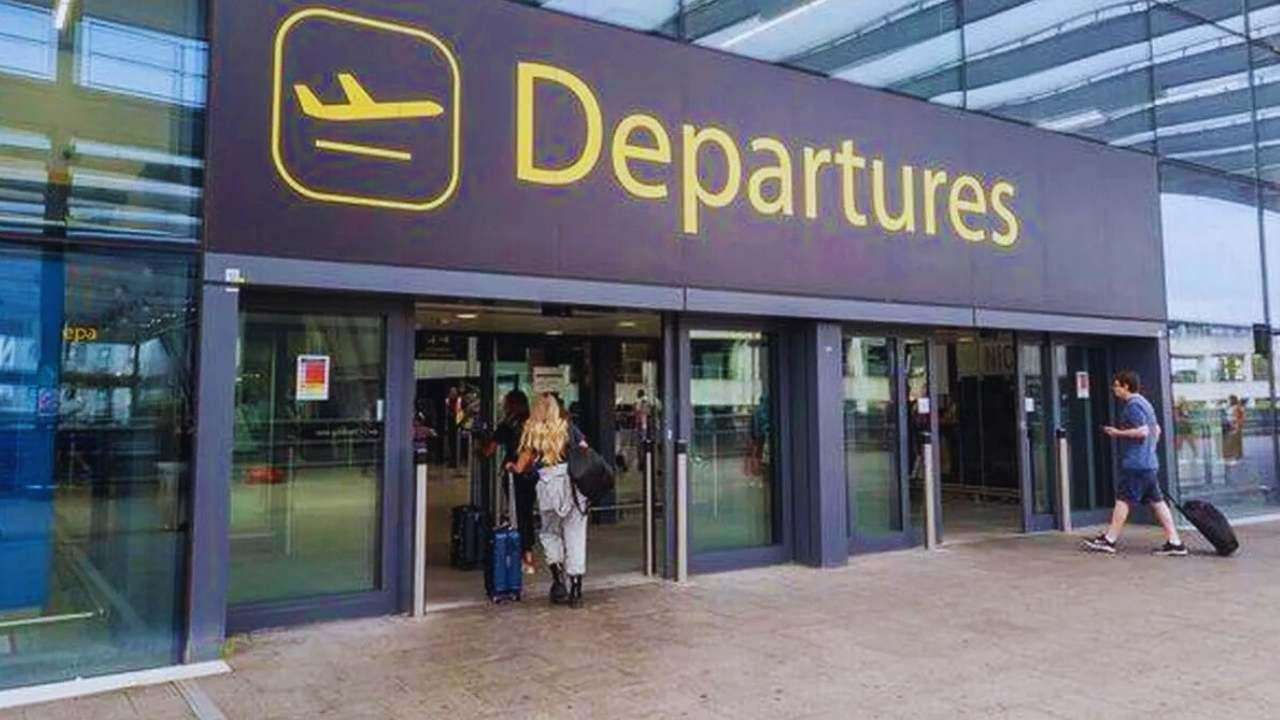
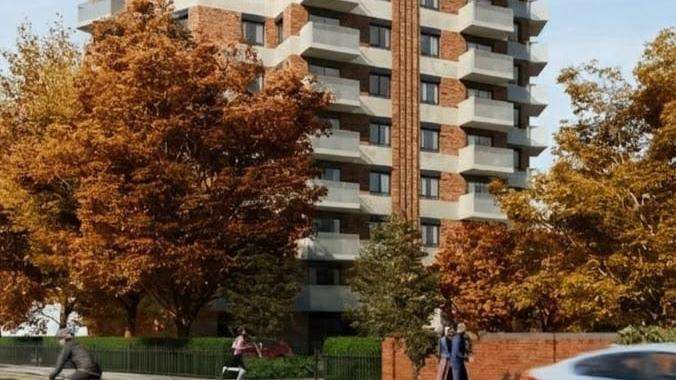
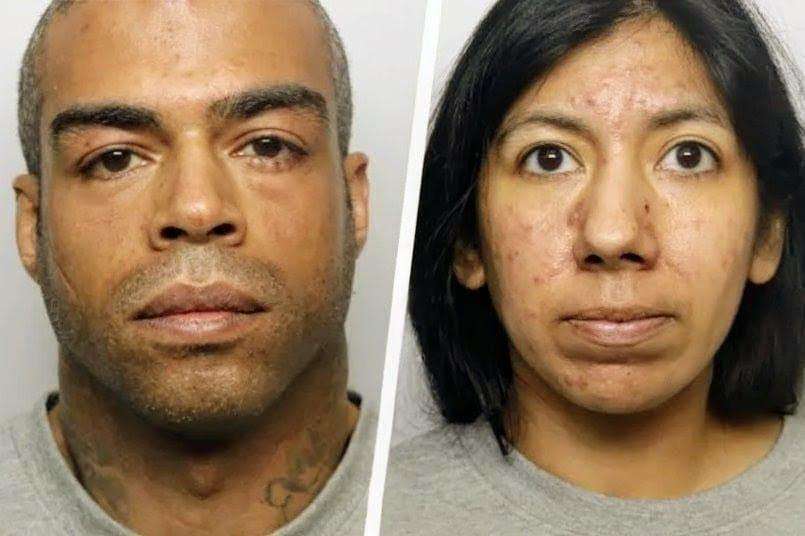
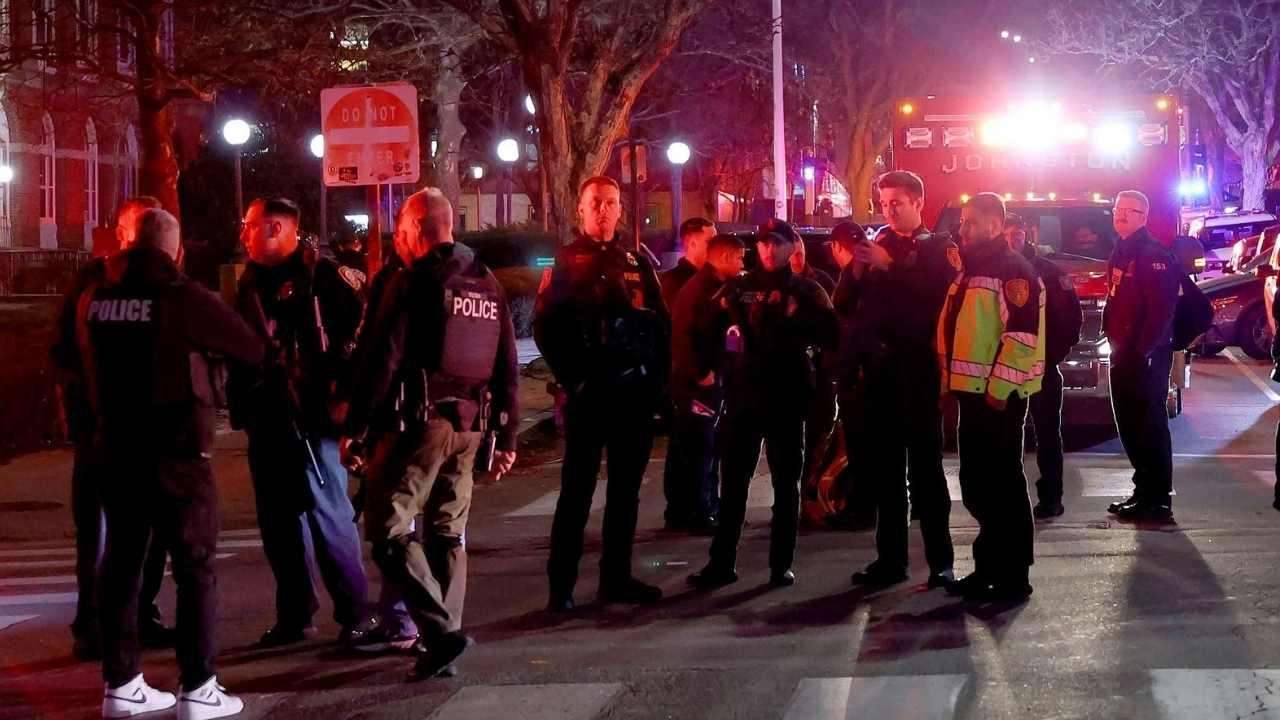


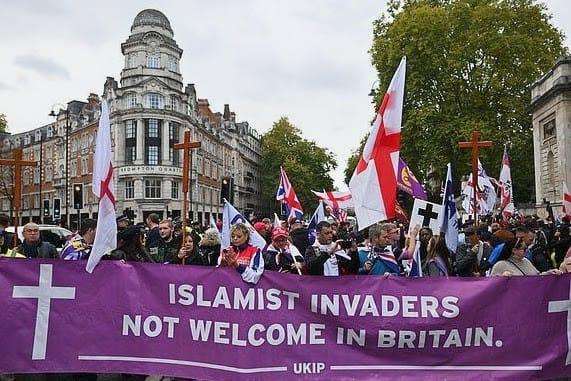
.svg)

_2.jpg)